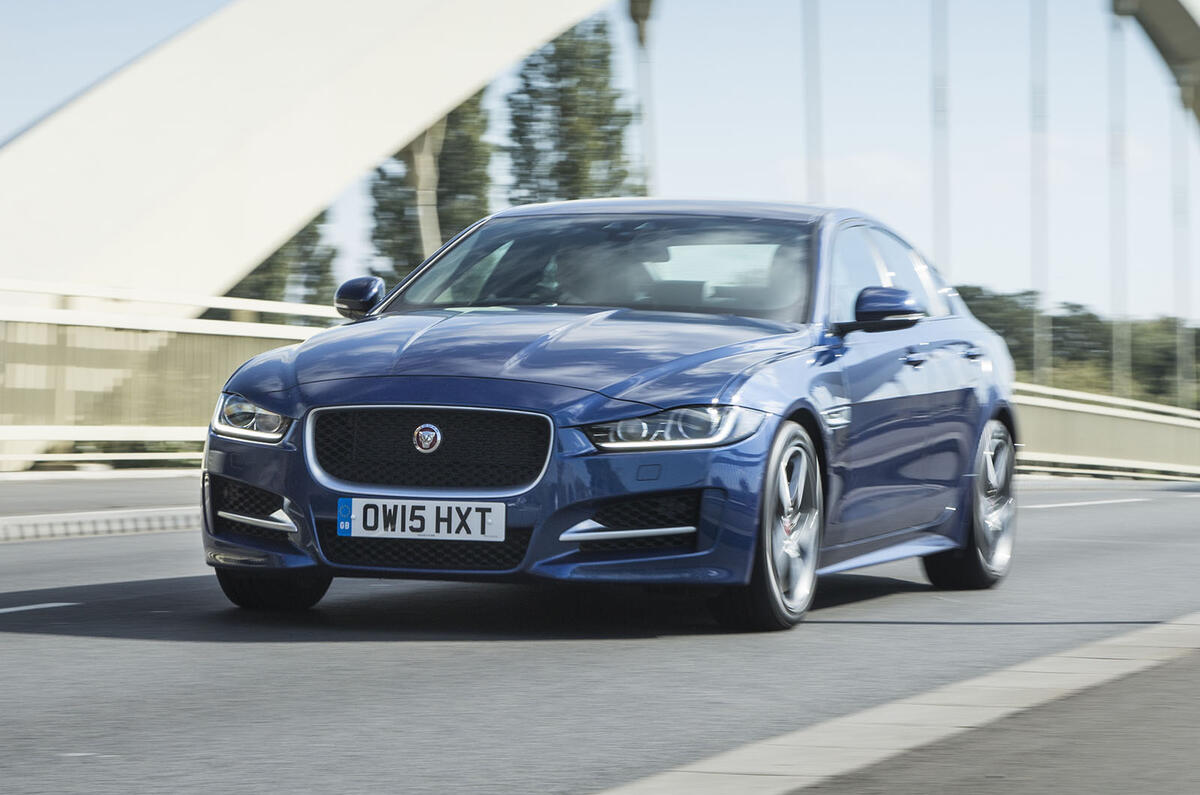An opportunity for Jaguar Land Rover to have its own volume-boosting equivalents to the BMW’ 1-series, Mercedes A-Class and Audi’ A1 could be the long-term result of an embryonic Indian deal currently under evaluation between PSA and Tata Motors, JLR’'s owner.
The Indian deal, said by local sources to have been “fast-tracked” by PSA’'s dynamic boss Carlos Tavares, involves using spare capacity in Tata’'s modern but underutilised Nano microcar factory to build PSA models for sale in the Indian market, which PSA abandoned about 15 years ago. The plan would extend to distribution of PSA-built models through Tata'’s sales and distribution network. The partners could also share engine technology.
Indian sources suggest the Tata-PSA proposal could provide both a remedy for Tata’'s weak car sales and waning manufacture, and a chance for PSA to further its long-stated aim of achieving a much bigger proportion of its total sales outside Europe.
The JLR thread takes this plan several steps further. Industry pundits already suggest Jaguar and Land Rover will never have the commercial or model-replacement power of Audi, BMW and Mercedes as long as their ranges extend no further downward than the Jaguar XE and Range Rover Evoque. Jaguar and Land Rover production will hit 500,000 cars in 2015 —and more like 750,000 when its Jaguar F-Pace and XE models reach fruition - but— will never get close to BMW’'s two million units a year without building smaller models.
Looking further into the future, a thriving relationship between the British firms' owner and PSA could provide JLR with much of the hardware it would need to launch such models.
JLR dismisses the idea as “pure speculation”, citing the fact that its CEO Dr Ralf Speth has often insisted that JLR is not in the volume race. “"Our aim is sustainable, profitable growth,”" says a spokesman. “"Our volume has doubled in the past five years, and now we have XE and F-Pace to launch. We will make progress step by step.”"
However a JLR-PSA link, not specifically denied, could be one of the steps, perhaps several years down the road, to provide Jaguar and Land Rover with the small premium cars they would need to finally get on equal terms with the German premium makers.








Join the debate
Add your comment
Peugeot & Jaguar
If they did learn something from the past
Rover's Return
(Contrary to some posters, JLR own Rover as part of the Land Rover purchase, SAIC does own Austin and Morris however)